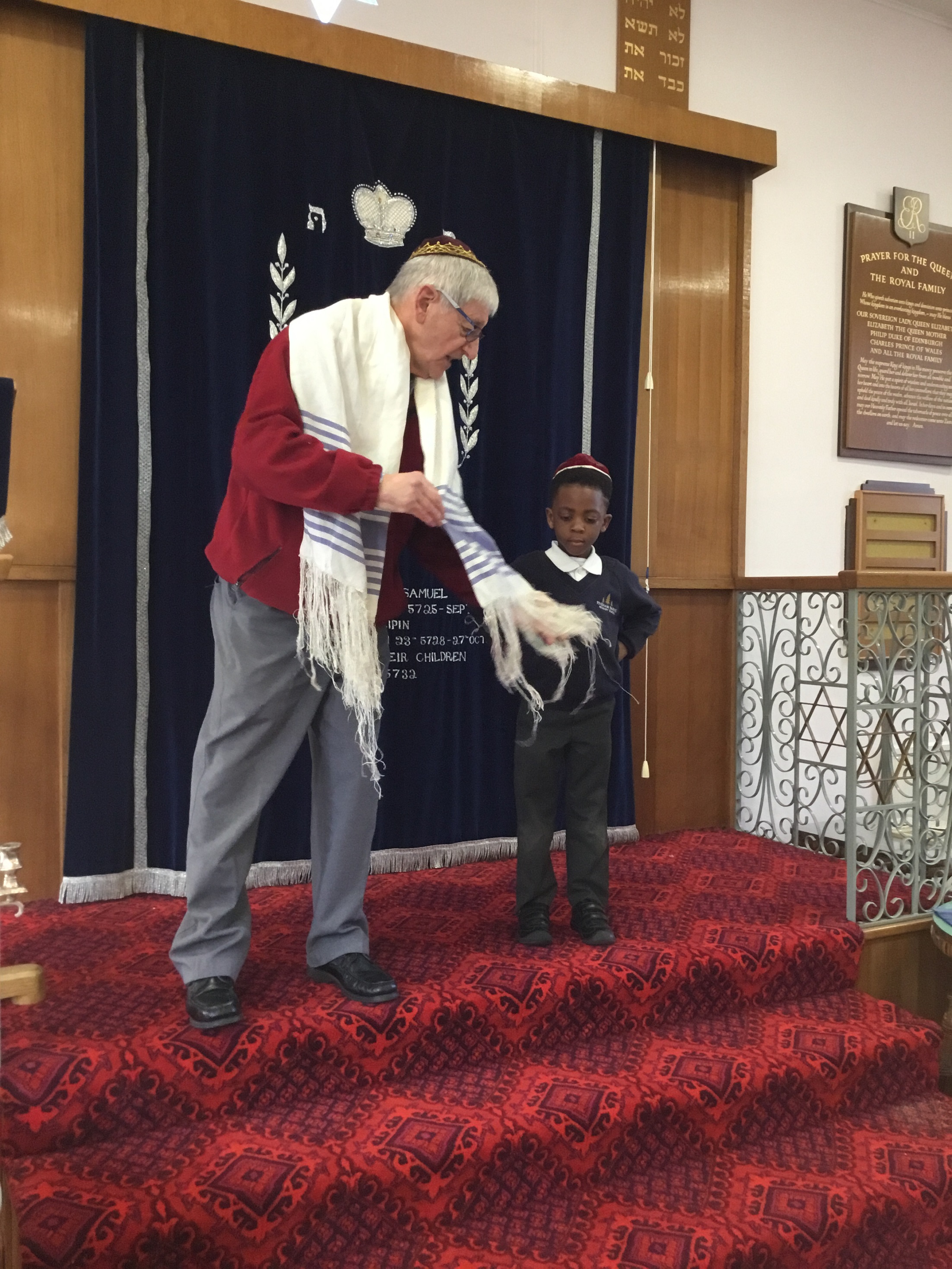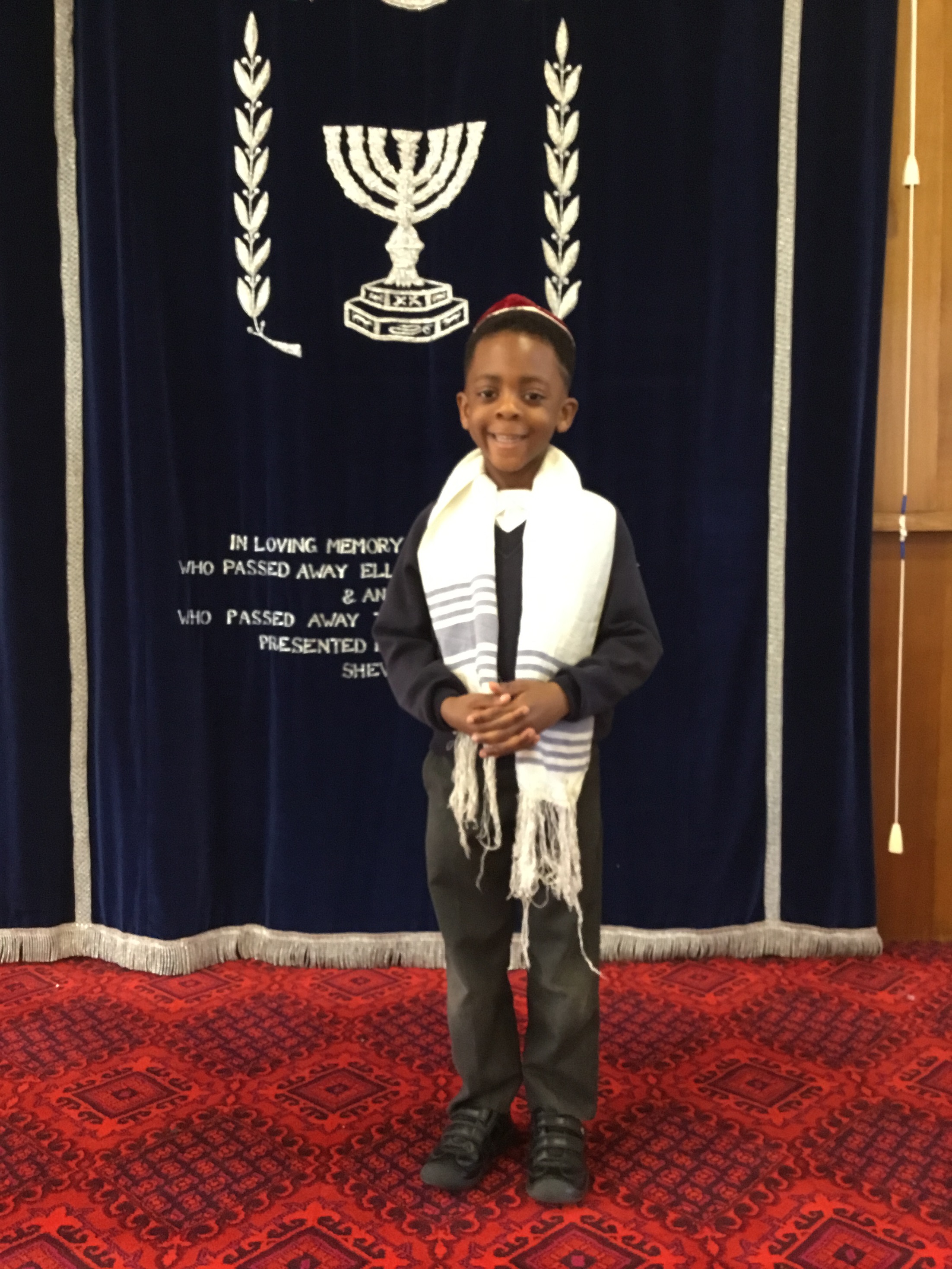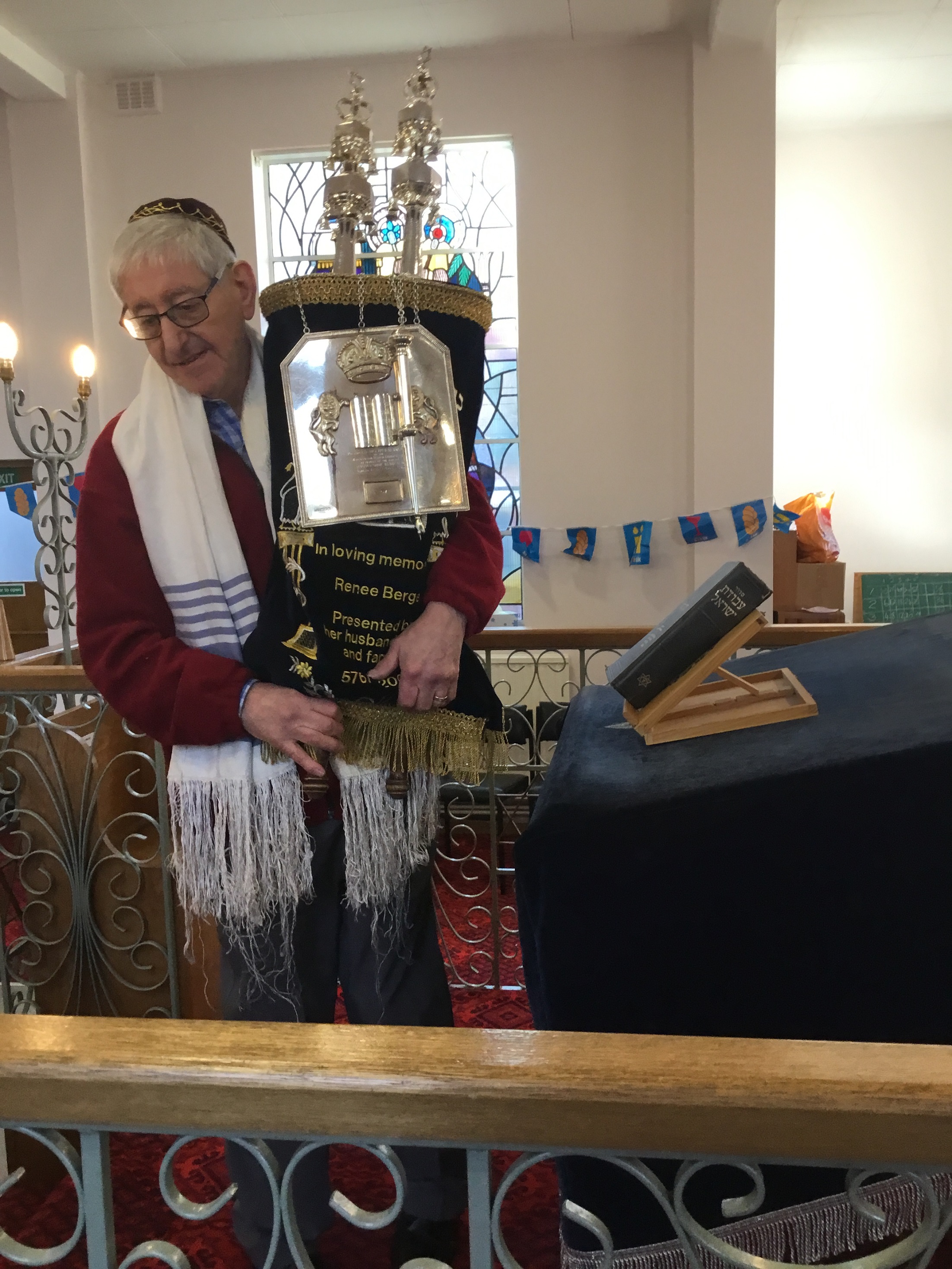- Home
- About Our School
- Vision & Ethos
- Our Staff Team
- Safeguarding & On-line Safety
- Special Educational Needs
- Families In Partnership
- Recruitment
- Information
- Admissions
- Community Centre
- Data Protection
- Prospective Parent Information
- School Performance Data
- Pupil Premium Funding
- Sports Funding Information
- Catch up Premium
- Ofsted
- Curriculum
- Curriculum Intent & Implementation
- Early Years Curriculum
- English
- Building A Reading Partnership
- Maths
- Science
- Computing
- Well-Being
- Art
- Design Technology
- Religious Education
- History
- Geography
- P.E
- Music
- Outdoor Curriculum
- Relationships Education
- Languages
- Online Learning at Pineham Barns
- News
- Parents
Fun, Creativity and Achievement
Fun, Creativity and Achievement
Fun, Creativity and Achievement
Fun, Creativity and Achievement
Fun, Creativity and Achievement
Fun, Creativity and Achievement
Fun, Creativity and Achievement
Fun, Creativity and Achievement
Fun, Creativity and Achievement
Fun, Creativity and Achievement
Fun, Creativity and Achievement
Fun, Creativity and Achievement
Fun, Creativity and Achievement
Fun, Creativity and Achievement
Fun, Creativity and Achievement
Fun, Creativity and Achievement
Fun, Creativity and Achievement
Fun, Creativity and Achievement
Fun, Creativity and Achievement
Fun, Creativity and Achievement
Fun, Creativity and Achievement
Fun, Creativity and Achievement
Religious Education
Ambition
At Pineham Barns, our ambition for the R.E curriculum, is to ensure that each child has the opportunity to experience the awe and wonder of different faiths and religions. We believe that through this, our children will consistently demonstrate a deep-rooted sense of tolerance and respect for others.
Implementation
Our curriculum has been written so that each religion has been designated to a particular year group, along with a progressive understanding of Christianity, as outlined in the Locally Agreed Syllabus:
Year One – Christianity
The children will have the opportunity to explore the Christian way of life through investigating ways of worship, important places, people and things and Christian symbols.
Year Two – Judaism
Whilst reflecting on their own personal beliefs and lifestyles, children will learn the fundamental beliefs and ways of life for people who follow the Jewish faith.
Year Three- Islam
In Year Three, children will explore the Islamic faith through the artefacts, places of worship and religious stories from the religion. Children are encouraged to reflect on their own personal opinions and faith.
Year Four– Sikhism
Children will explore the Sikh faith looking at local, national and international examples of the religion, reflecting on their own personal opinions and faith.
Year Five – Hinduism
Children in Year Five will learn about Hindu celebrations, beliefs, and ways of life, whilst reflecting on their own personal beliefs. They will also have the opportunity to explore, similarities and differences within and between other religions.
Year Six – Buddhism and Humanism
In Year Six, children will learn about the fundamental Buddhist values, whilst exploring diversity, similarities and differences within and between religions, and humanism.
Whilst learning about the religion’s key content, the children’s discussions about religion develop progressively year on year as our curriculum includes progressive skills centred on tolerance, citizenship, constructive comparisons and communication for each year group. In doing so, we hope to develop understanding, welcoming children who take interest in other people’s beliefs.
Through the year, the children will visit religious buildings and have Celebration Days planned to immerse them in the culture and celebrations. In doing so, we hope for the children to create memories and experiences that promote positive engagement with each religion as their progress through school.
Impact:
Through our curriculum, we aim to educate our children in the variety of religions that exist in the world. Furthermore, we aim for our children to understand that everyone is entitled to their own beliefs and that it is important to welcome and celebrate our differences and to be tolerant of one another. In doing so, we hope for our children to leave primary school ready for the rest of their education with an open mind and an awareness of society’s diversity and be role models to other students in how to tolerate and appreciate our differences.
Above all else, we believe this curriculum provides our children with the skills, knowledge and understanding to make a positive contribution to modern British society as they mature.

[email protected]
T: 01604 978120


